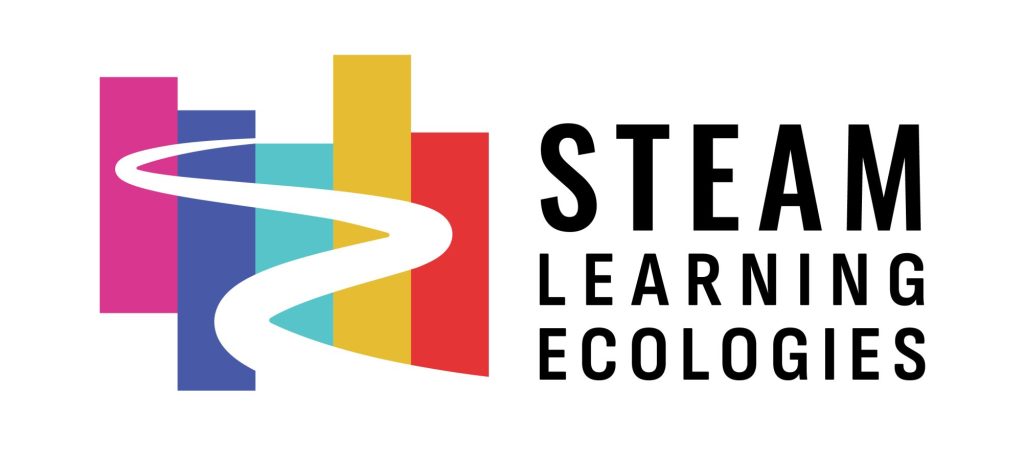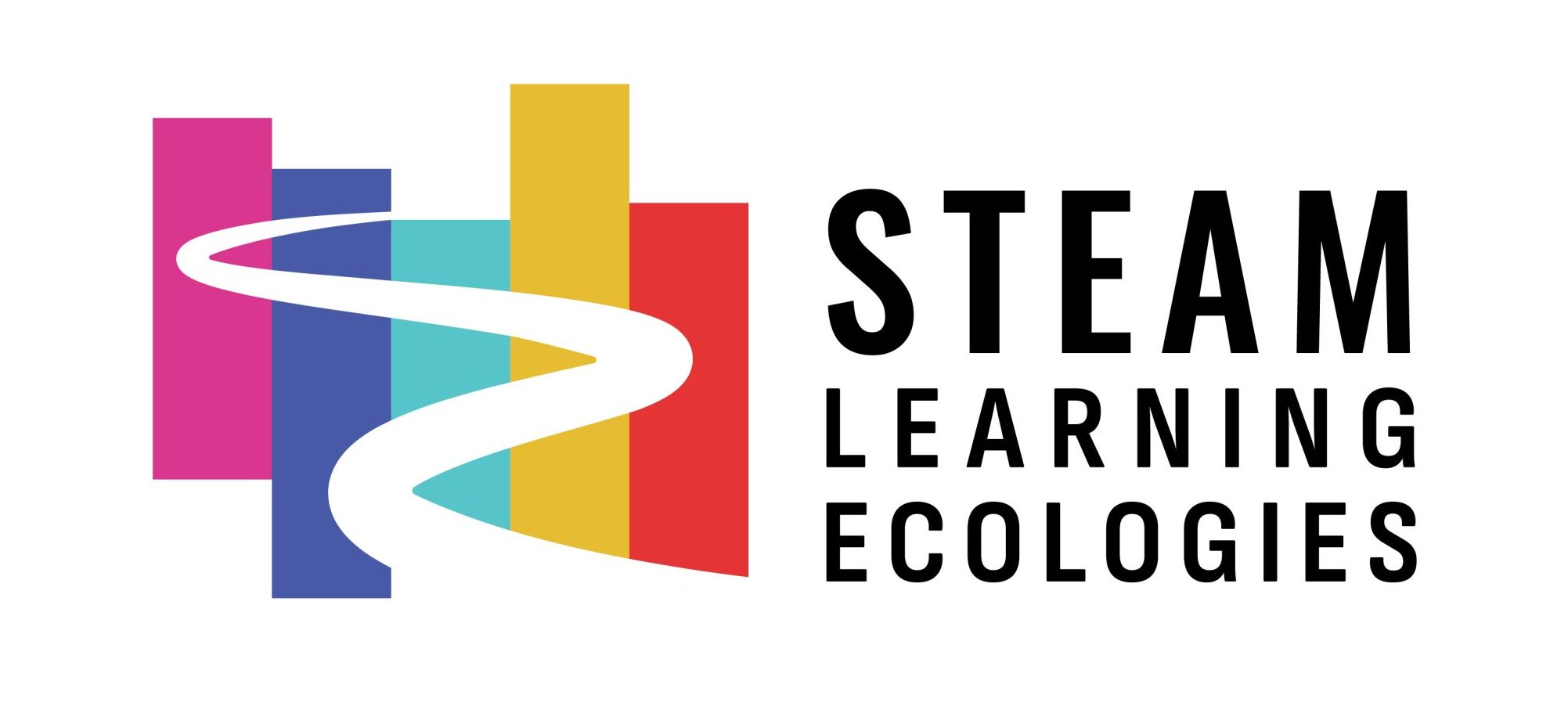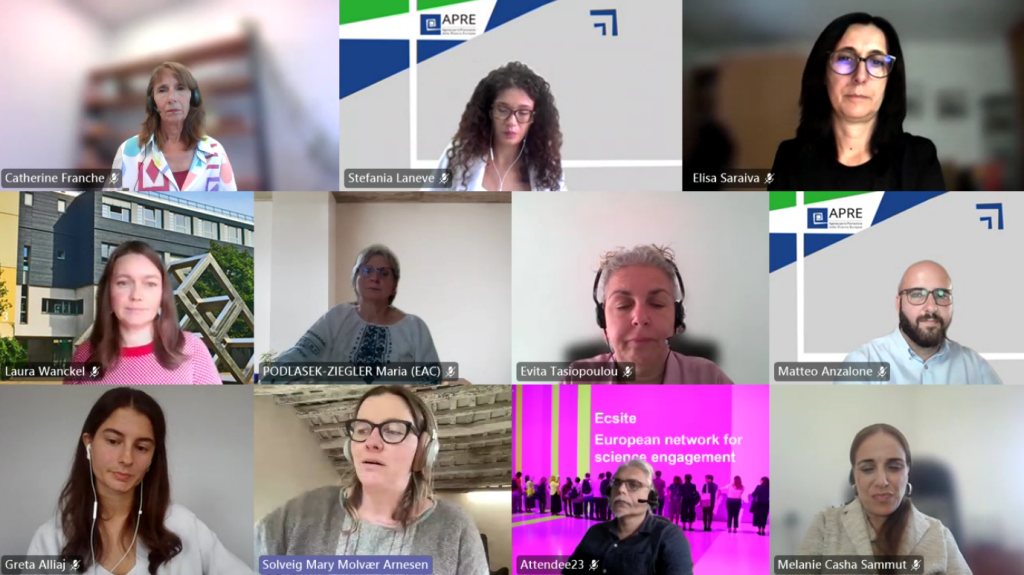On September 24, 2024, SLEs hosted its second Policy Learning Session, organised by the Agency for the Promotion of European Research (APRE) and European Schoolnet (EUN). Held online, the event brought together educators, policymakers, and other stakeholders to discuss “Good Practices and Recommendations for Open Schooling and STE(A)M.”
The SLEs project, active in 13 European countries, aims to enhance young people’s engagement in science by developing local partnerships and integrating science education opportunities into the community. The session highlighted the project’s progress, featuring results from 13 pilot initiatives that reached over 600 stakeholders in the first year. The event provided an opportunity to reflect on these achievements and co-create actionable policy recommendations to advance STE(A)M education in Europe.
Key highlights from the event
The session featured insightful presentations and a roundtable discussion with leading experts. Roberta Monachello, Project Adviser at the European Research Executive Agency, opened with an introduction to the SLEs project, outlining its achievements, innovative methodology, and collaboration with sister projects to promote STE(A)M Learning Ecologies across Europe.
Maria Podlasek-Ziegler, Programme Manager at the DG for Education and Culture of the European Commission, discussed the significance of STEM education for the EU’s competitiveness and innovation. She emphasised the need for clear definitions of interdisciplinary STEM to unblock progress and highlighted the gap in evaluating existing projects. She also called attention to preparing for a shift towards interdisciplinary approaches and addressing gender inequalities in STEM fields.
SLEs second Policy Brief
Key policy recommendations include:
- Diverse Stakeholders: Ensure the participation of at least 3-4 stakeholder groups, including educators, industry representatives, researchers, and community members.
- Guidelines & Flexibility: Develop clear and flexible guidelines for stakeholder cooperation, establish a network to share good practices, and promote peer-to-peer learning.
- Sustainability: Integrate successful practices into the regular curriculum and promote small-scale, low-cost SLEs for long-term sustainability.
- Teacher Recognition: Recognize and reward teachers’ efforts in STE(A)M initiatives to boost motivation and commitment.
Insights from the Roundtable Discussion
- Vincenzo Vespri, Adviser for the Minister of Education, Italy, discussed the challenges of integrating STE(A)M and Open Schooling into national curricula, emphasising the need for a unified European direction to coordinate initiatives and measure impact. He noted that while STEM professions are respected, there is a lack of integration in current educational approaches.
- Melanie Casha Sammut, Director of STEM and VET Programmes, Ministry for Education and Employment, Malta, shared lessons from Malta’s “GirlsforSTEM” initiative. Originally aimed at encouraging girls in STEM, the program expanded to include boys under the “TWEEN4STEAM” initiative. Key strategies for fostering gender inclusivity included involving female mentors and creating a supportive learning environment. Melanie stressed the importance of connecting classroom learning with real-world perspectives and incorporating time for reflection and peer learning.
- Catherine Franche, Executive Director of the European Network of science centres and museums (Ecsite), Belgium, highlighted the role of science centers and museums in making education relevant and fostering STE(A)M learning. She noted that Ecsite’s extensive network helps share knowledge and good practices, addressing core issues like diversity, equity, and inclusion (DEI). She also emphasised the importance of collaboration between informal education providers and schools in launching impactful open schooling initiatives.
- Solveig Mary Molvær Arnesen, CEO of Vitenparken, Norway, described the center’s collaborative model, which brings together diverse sectors in a flexible space to foster innovation and STE(A)M learning. She emphasised the importance of involving local communities, youth councils, and schools to sustain long-term partnerships and ensure that projects remain relevant and aligned with participants’ needs.
- Elisa Saraiva, Physics Teacher and Scientix Ambassador, Spain, discussed the key challenges faced in implementing STE(A)M Learning Ecologies, such as resource limitations, the constraints of assessment systems, and insufficient collaboration time. The discussion underscored the need for policy changes to facilitate interdisciplinary approaches and provide teachers with the resources and training necessary for effective STE(A)M integration.
Looking ahead
The 2nd SLEs Policy Learning Session underscored the importance of interdisciplinary collaboration, inclusive practices, and community involvement in fostering sustainable STE(A)M Learning Ecologies. The insights and recommendations gathered from this session will inform the development of policy proposals aimed at enhancing STE(A)M education across Europe.
The SLEs project will continue to work towards building a more connected and integrated learning environment, encouraging young people’s interest in science, and equipping them with the skills needed for the future.
Stay tuned for more updates and the publication of SLEs second Policy Brief!




